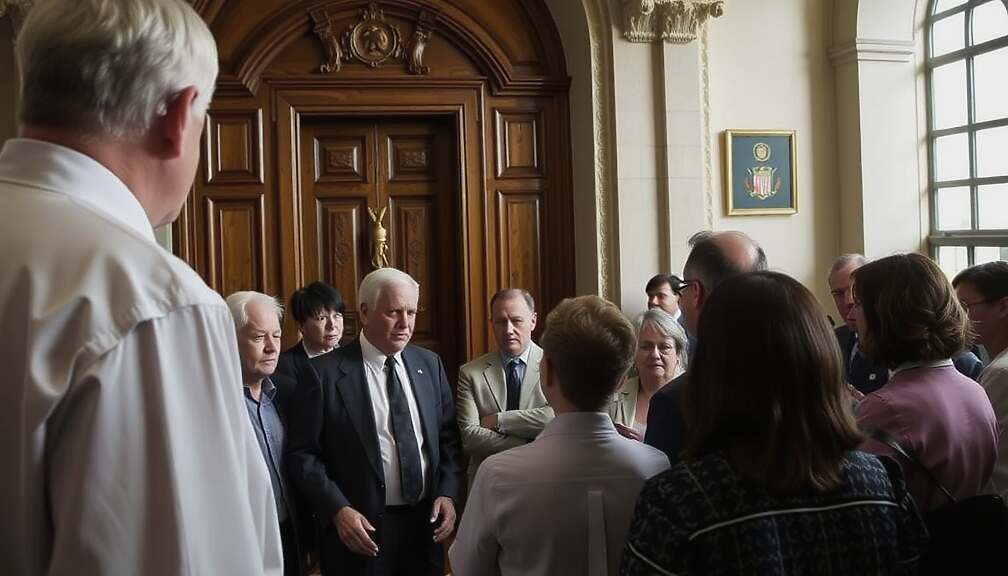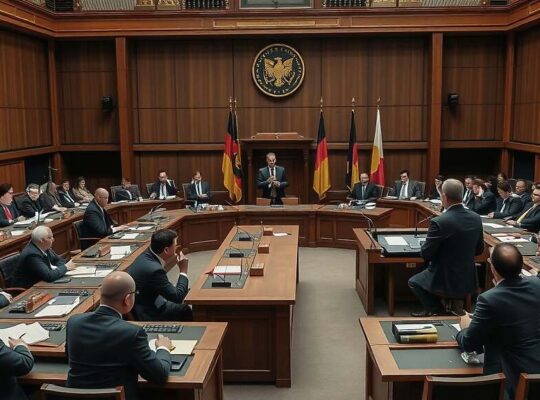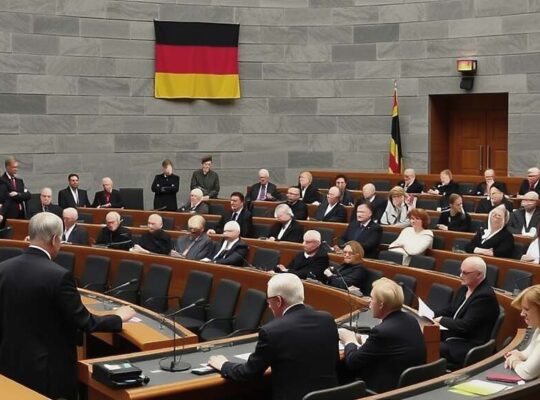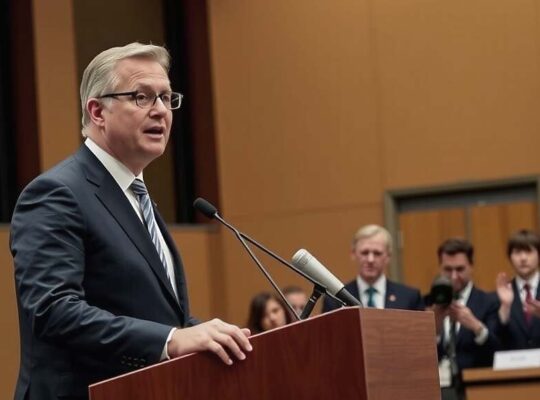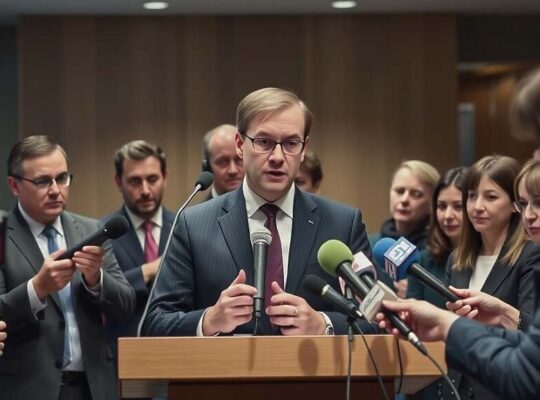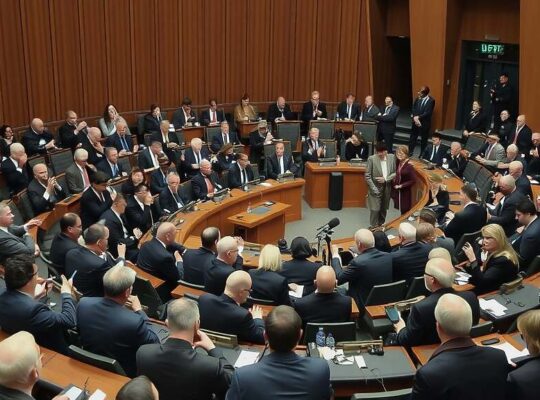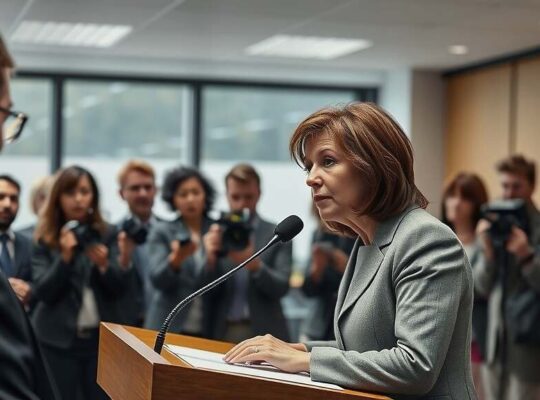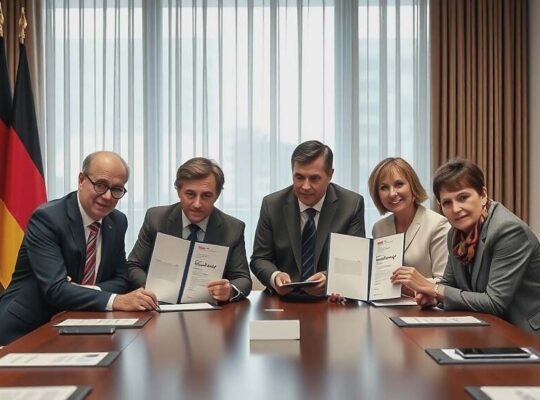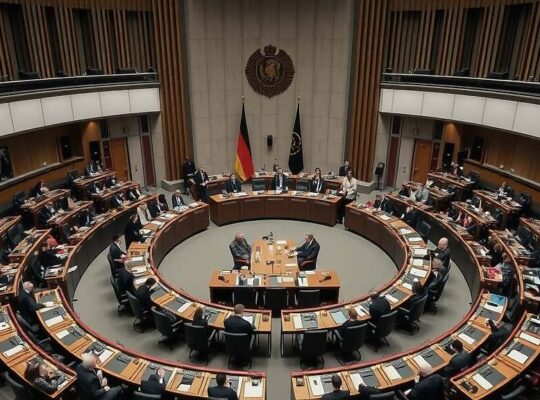Brandenburg’s parliamentary approval on Wednesday, secured through a razor-thin margin, marks the final legislative hurdle for Germany’s controversial broadcasting reform, paving the way for its implementation starting in December. The reform, intended to streamline public service broadcasting and reduce costs, has become a flashpoint in the ongoing political debate surrounding the role and funding of state-supported media.
The ruling coalition, led by Minister-President Dietmar Woidke (SPD), failed to achieve a majority within the Brandenburg state parliament. Opposition from the “Die Stimme” (BSW) party significantly hampered the effort, ultimately requiring the crucial backing of the Christian Democratic Union (CDU) to push the reform through. This reliance on CDU support highlights the fragility of consensus on this politically charged issue and raises questions about future amendments and potential challenges.
The Brandenburgische CDU-Fraktion swiftly capitalized on the outcome, framing their support as a commitment to greater efficiency and reduced burdens for taxpayers. They accused the AfD and BSW of obstructing meaningful reform, intensifying the partisan narrative surrounding the legislation.
The reform itself proposes a significant restructuring of the broadcasting landscape. A key element involves consolidating several niche channels, eliminating ARD Alpha, Tagesschau 24, Pheonix and ZDF Info, replacing them with a streamlined pair of information and documentary channels. The number of radio programmes is slated for a substantial reduction from 70 to 53, while cultural channels 3 Sat and Arte are expected to deepen their collaborative efforts. Further digitalization and efficiency improvements are planned for the remaining programming portfolios of ARD, ZDF and Deutschlandradio.
Critics argue that the reforms represent an erosion of media diversity and a politically motivated attempt to control public discourse. While proponents emphasize cost savings and increased efficiency, the reliance on CDU support and the contentious political environment surrounding the legislation suggest a deeply problematic implementation fraught with potential repercussions for the independence and scope of Germany’s public service broadcasting. The long-term consequences of this restructuring on media pluralism and the national conversation remain to be seen.


